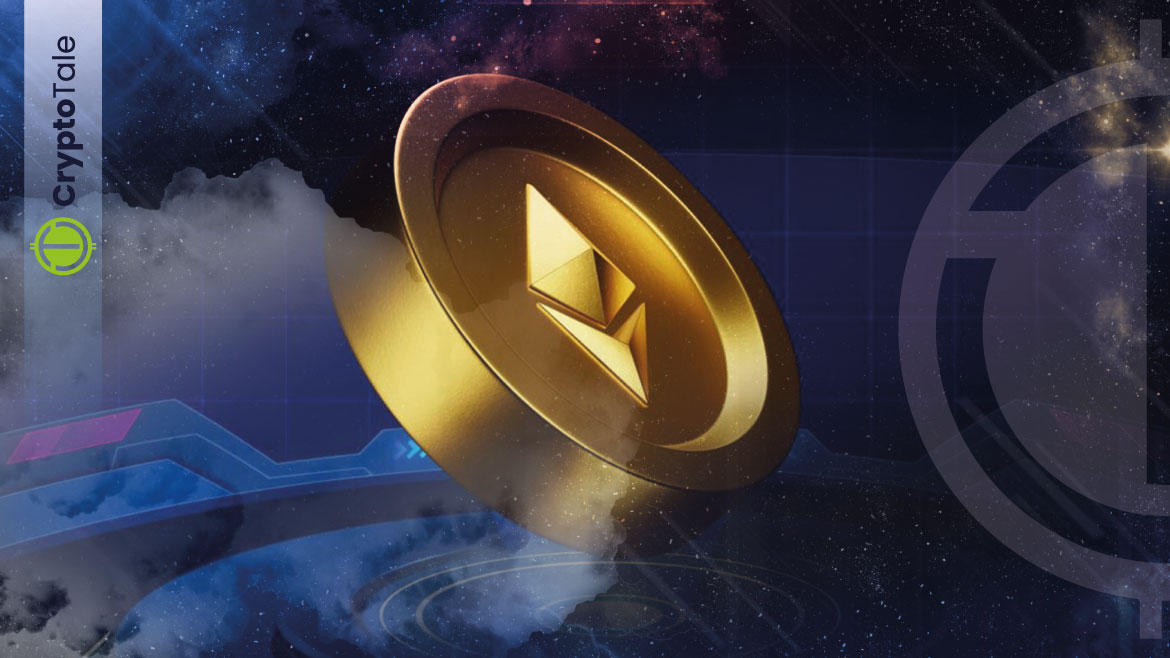
According to a recent report from data analytics firm Messari, 60% of all staked ethereum is held just by four staking pools. This has sparked concerns regarding the centralization of the world’s second-largest blockchain network following the completion of the highly anticipated transition to the proof stake consensus mechanism.
Ethereum‘s developers have promoted the move away from proof-of-work (PoW) to proof-of-stake (PoS) as a means to reduce the possibility of centralized control over the blockchain network. However, early indicators of network consolidation have prompted fears that these expectations may not be met.
Per the report, four cryptocurrency trading platforms, namely Coinbase, Lido Finance, Kraken, and Binance, currently control nearly 60% of all staked ETH. Lido Finance alone holds a humongous 30% share among the lot.
Furthermore, over 40% of the Ethereum network’s blocks were added by only two firms in the hours following the long-awaited Merge on Thursday.
As per Ethereum’s new consensus process, users who wish to be validators must stake 32 ETH with the network in order to be able to participate in the platform’s transaction-writing and verification capabilities.
Due to the technical complexity of setting up a validator system and the hefty startup cost (approximately $50,000 prior to the merge), only a select few individuals were able to become validators on their own.
As a result, ETH has been moving to staking pools like Coinbase and Lido, where users can easily become validators and start earning rewards without the intellectual and financial requisites.
In the past month, concerns about validator centralization have been bolstered by reports that the United States government is considering sanctions on individuals and companies who use certain blockchain addresses.
As such, this raises concerns that validators might be forced to censor certain transactions to comply with regulatory demands.
As a result of these reports, certain U.S.-based validators have stated that they will no longer include transactions from the sanctioned Tornado Crash mixer program on Ethereum‘s decentralized ledger.
Share: